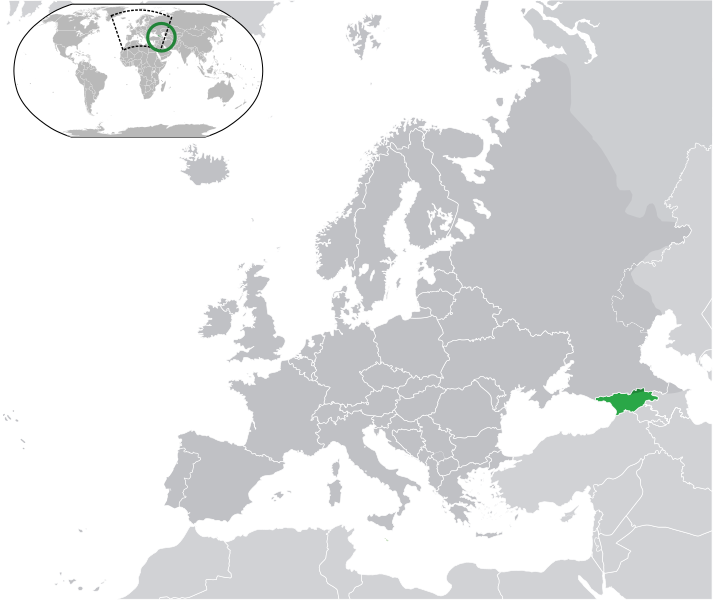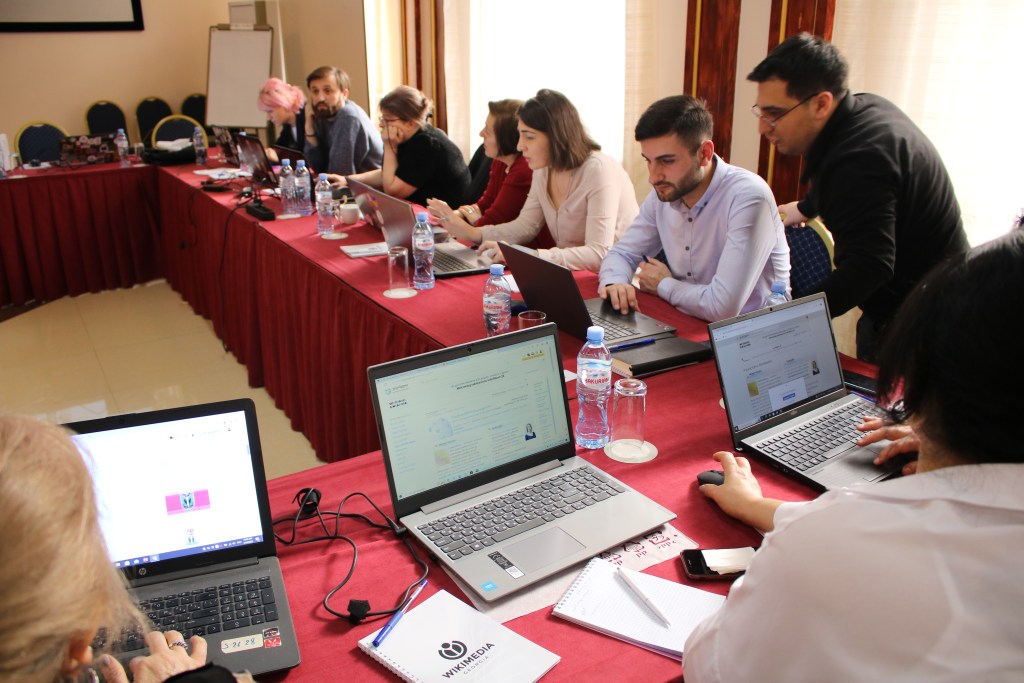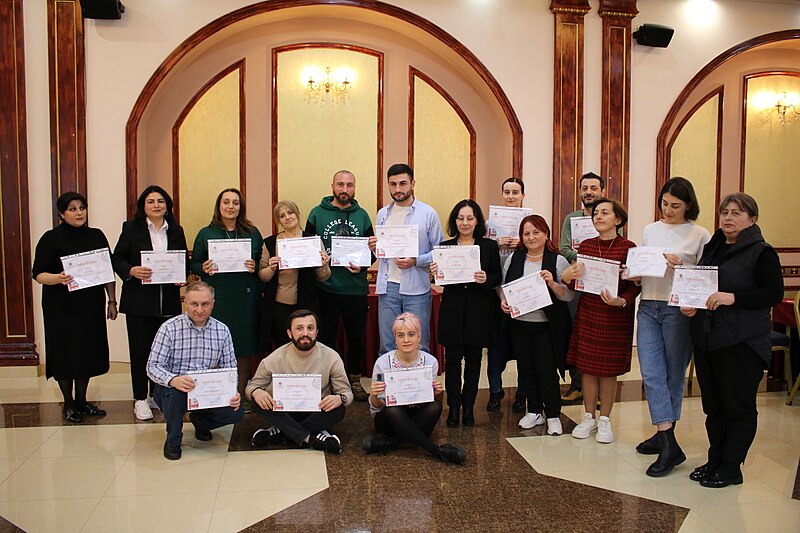The lack of volunteer editors is particularly noticeable in smaller Wikipedias. There could be many reasons, but the most real one is that small Wikipedias are built around small languages that few people speak. In addition, these are usually languages spoken mainly in developing countries, usually only in one country and nowhere else in the world. In turn, this means that access to the Internet is relatively low in such countries.

A lack of access to the Internet logically means low media literacy and a lack of awareness of Wikipedia. Many Internet users may know Wikipedia, but they don’t know how it works, how it was created, who created it, and what their contribution to this work can be.
We can say that the situation in Georgia is precisely like this. The Georgian language is spoken in the world only in Georgia, and accordingly, Georgia is the main contributor to Georgian Wikipedia. The lack of volunteer Wikipedians/Wikimedians is striking, and this fact is becoming increasingly evident and problematic every year. Wikimedia UG Georgia (WMGE) actively works to eliminate the mentioned problem with various measures because volunteers come to Wikipedia on their own will less and less.
WikiCamp, one of the tools for attracting and training volunteers, is one of the most tried and tested events of the WMGE. The purpose of WikiCamp is to develop Wikimedia projects in the Georgian language with the help of students, teachers, and professionals from various fields. The participants pre-selected by the WMGE stay for several days in a hotel, where experienced Wikipedians teach in detail how to work on Wikimedia projects (Wikipedia, Commons, Wikidata, Wikiquote, Wikisource, etc.). After the Camp, they are fully capable of editing and contributing to Wikimedia projects on their own. Wikimedia UG Georgia covers all expenses. The first Wikicamp was held in Georgia in 2019, and since then, the event has become an annual event. In 2023, two camps were already organized a year.

The first Wikicamp of 2023 was held on March 9-13 in Borjomi, Georgia. 16 teachers from different schools in the regions of Georgia and two employees of the National Library of the Parliament of Georgia learned the basic principles of working on Wikipedia and other Wikimedia projects for four days. They have acquired Wikitechnologies and work on Wikimedia projects (Wikipedia, Wikidata, Commons, Wikiquote, Wikisource, etc.). The main focus was on work in Wikipedia. Teachers’ participation in WikiCamp is especially important because they have access to a large potential audience — their own students, who can then teach what they have learned on Wikipedia. Most of the participants were women, which is also an important step in eliminating the Gender Gap in Wikimedia projects.
It’s worth mentioning that almost all the participants continued to edit Wikipedia after the end of the WikiCamp. In this regard, the involvement of the employees of the National Library should be especially highlighted if we consider the resources and potential of the largest and oldest library in Georgia to enrich Wikimedia projects. Indeed, the library people are still actively editing Wikipedia based on the resources available to them.

The second WikiCamp for this year was held from June 30 to July 3, also in Borjomi. Students from all over Georgia participated in the camp, particularly from six WikiClubs opened in different regions of Georgia by the WMGE. Experienced volunteer editors of Wikimedia projects have taught them better how to work in Wikipedia and other Wikimedia projects. In parallel with the training, different types of intellectual and sports activities and excursions in the city were held. As a result of WikiCamps, connections between WikiClubs operating in Georgia will be further strengthened, including sharing experiences with each other through various communication channels created during the Wikicamp.
Student WikiCamps are one of the most successful projects of Wikimedia UG Georgia, which has already added many volunteer editors and thousands of new articles and items to the Wikimedia projects in Georgian, not to mention improving existing content.

Can you help us translate this article?
In order for this article to reach as many people as possible we would like your help. Can you translate this article to get the message out?
Start translation